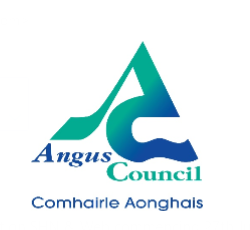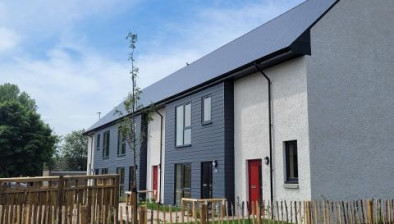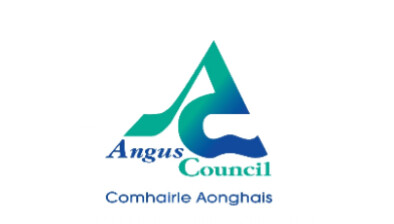Angus Council approves funding for firms to help with COVID-19 recovery

Funding projects to support local businesses and people through the Covid-19 Pandemic recovery and ongoing economic hardships were approved at yesterday’s Angus Council meeting.
A total of £1,672,000 will be distributed across the county during 2022-23 and be directed at key areas of concern. That includes child poverty, fuel poverty and cost of living, food poverty, climate change and transport poverty, as well as seeking to support town centre economic growth.
The one-off funding is provided by the Scottish Government as a share of the national £80-million Local Authority Covid Economic Recovery (LACER) Fund.
At their meeting, Councillors agreed Report No 180/22, which set out the guiding principles, key themes and community interventions as they will be applied in Angus.
Guiding principles for use of LACER Fund have been jointly agreed between COSLA Leaders and Scottish Ministers. The funding is flexible and ultimately is designed to empower local authorities to use the funding where they consider it to be needed most. The intention is for the funds to support local economic recovery and impacts of cost of living on low-income households.
Angus Council leader, Councillor Beth Whiteside, said: “As the report makes clear, there is a very real need for this support to be provided as quickly as possible in the current economic crisis, with the rise in the cost of living and the additional challenges that town centres and businesses now face.
“Numerous grants and funding support have been made available during the course of the pandemic. It is important that, rather than allowing these funding streams to overlap, we try to help as many people and businesses as we can during a time of very real need.
“It is all too apparent that people, families and businesses in Angus need, can benefit from this help now when the scale of the challenges faced are increasingly acute. We cannot solve the current cost of living crisis by the LACER funding alone, but we can make a difference by trying to target resources where there is the greatest need.”
Immediate funding proposals will support the lowest-income households, particularly families, with the increasing costs of living, increasing the income people have to spend in the local economy and prioritising town centres, encouraging collaboration and economic growth in line with the agreed guidance principles.
A further proposal on free public transport will be developed further to ensure it is targeted correctly, with a report to committee to follow in August 2022.








